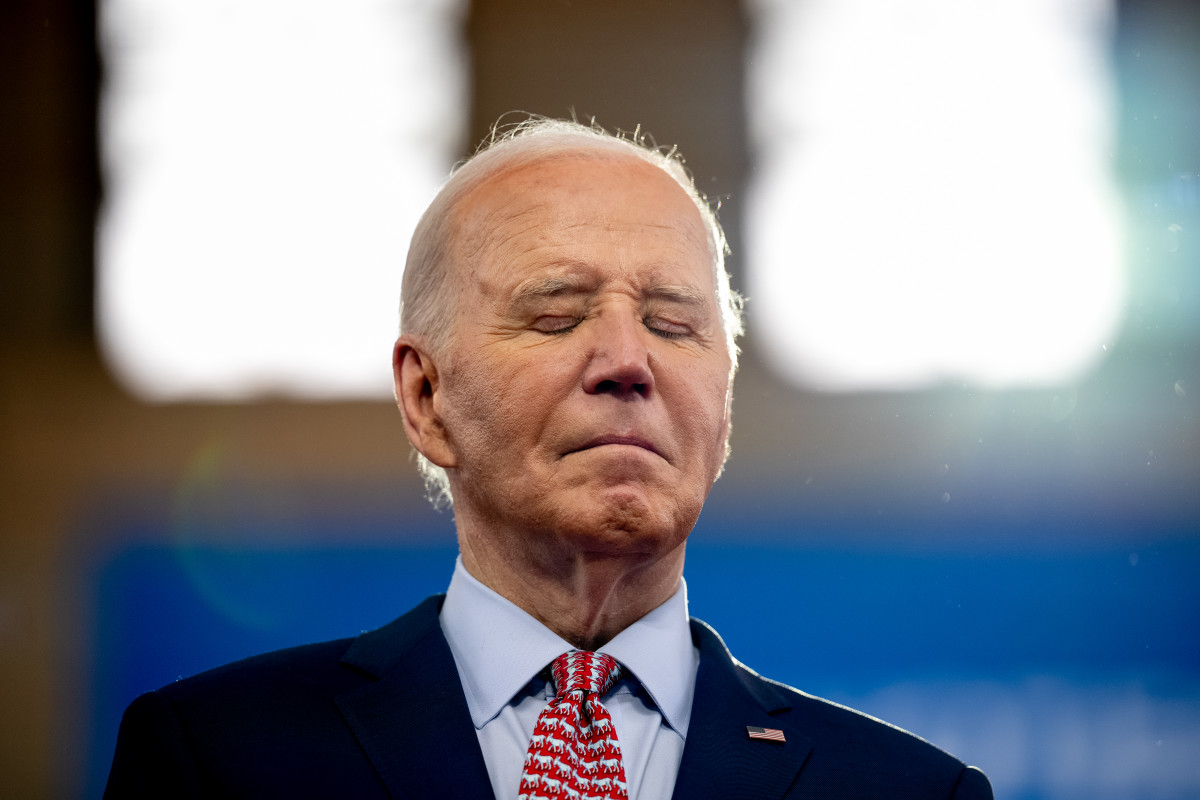By BAGEHOT
AT THE last prime minister’s questions of the year, on December 20th, Damian Green loyally sat on Theresa May’s right and bellowed his support at all the right moments. Later that day Mrs May forced him to resign from his job as first minister of state, which in effect had made him Britain’s deputy prime minister.
A Cabinet Office inquiry found that Mr Green had lied when he asserted that he had no knowledge of the pornographic material discovered on his parliamentary computer by police investigating a government leak in 2008. (Mr Green continues to maintain that he didn’t download or view the material, none of which was illegal, but he admits that he misspoke earlier this year when he said that he didn’t know the police had discovered such material.) The Cabinet Office inquiry also found that allegations of sexually inappropriate behaviour towards a Tory activist and journalist, Kate Maltby, were “plausible”.
Mr Green is the third cabinet minister to lose his job in less than two months. Sir Michael Fallon, the defence secretary, resigned on November 1st over sexual misconduct and Priti Patel, the international development secretary, resigned on November 8th over her attempts to forge a freelance foreign policy with Israel. But Mr Green’s resignation is the one most fraught with emotion for Mrs May. He is the prime minister’s closest and oldest friend in politics. He was a contemporary at Oxford University, where his wife, Alicia, was Mrs May’s tutorial partner. He did much to fill the vacuum left in her government when her two closest advisors, Fiona Hill and Nicholas Timothy, were sacked after the election debacle in June. He is also a pillar of “progressive” Europhile Toryism: he is one of the most Europhile members of the Tory party and a leading member of Bright Blue, a reforming Tory pressure group in which Ms Maltby was also active.
In some ways Mr Green was a classic second-division politician, sensible and reliable but never a man to make the weather. He liked to present himself as the solid embodiment of middle-class common sense, which might be one reason why he got on so well with Mrs May. He also specialised in pouring oil on troubled waters. But in other ways he was more interesting. He was brought up in a council house in South Wales and nevertheless won a place at Balliol College, Oxford. He remained on the left wing of the Conservative Party through thick and thin, and even contemplated leaving the party in the early 1980s for the breakaway Social Democrats, because he worried that Margaret Thatcher might tear the country apart. This columnist, though a few years younger than Mr Green, remembers seeing him in Balliol College Junior Common Room looking and sounding almost the same as he does today, a member of that strange breed of politicians, of which William Hague is the archetype, who arrive at university fully formed as middle-aged fogies.
One of the oddities of Mr Green’s career was that, despite his long-standing commitment to Tory reform, he never jelled with David Cameron and the Tory modernisers around him. Mr Green regarded them as too posh and they regarded him as a bit of a bore. Instead he formed a close alliance with David Davis, a leading Cameron critic and now the Brexit secretary. (Mr Davis even promised to resign if Mr Green was forced to quit, but has broken his promise.) Mrs May’s elevation to the top job last year not only meant an unexpected second innings for a politician who thought that he had risen as high as he would ever go. It also meant an opportunity to reinvent Tory progressivism, shorn of Mr Cameron’s trendy Notting Hill flummery. In particular, Mr Green worked hard to bend Mrs May’s One Nation Tory instincts to the left, towards inclusive social reform, while many around her were trying to pull them to the right, to aggressive nationalism.
Mr Green’s sacking will add to Mrs May’s problems. She needs to appoint a Remainer to replace him, in order to avoid upsetting the delicate political balance in the cabinet. She also needs to find another safe pair of hands who can smooth over cabinet squabbles. But the effect of Mr Green’s departure is likely to be more muted than many expected. Had it happened shortly after the dismal Conservative Party conference in October, it might have brought down the prime minister. But Mrs May is in a more powerful position now than she has been for some time, because of the impression that she is making progress with Brexit. The Westminster village has been expecting Mr Green’s fall for a while. When, at the annual Spectator “Parliamentarian of the Year” dinner last month, the news broke of Sir Michael’s resignation, a rising Tory star turned to this correspondent and pronounced, with a certain degree of glee, “Damian’s next”. Sir Michael’s exit, for making a pass at a female journalist (who threatened to punch him but then forgave him), had set the bar so low that Mr Green’s behaviour was bound to clear it. And Mr Green has clearly been distracted by his personal problems for some time: for example, he has hardly done a sterling job of smoothing relations with the Democratic Unionist Party, which props up the government.
His resignation provides Mrs May with an opportunity to remake her cabinet. Her cautious instincts will tell her to limit the reshuffle to a minimum—after all, Mr Green’s job of “first minister” is an invented one and his other jobs, such as cabinet office minister and chairman of various committees, can be scattered around. But it would be more sensible to turn a problem into an opportunity. Boris Johnson is clearly making a hash of his job as foreign secretary. Mrs May should move him to a role where his ebullient personality might be an asset rather than a liability—perhaps business secretary—and put the Foreign Office in safer hands. She should also speed up the promotion of the next generation of rising Tories (see article).
The prime minister should also seize this opportunity to do something about the police. There is little doubt that Mr Green should have resigned, given his conduct. But the behaviour of the Metropolitan Police is disgraceful. The pornography on Mr Green’s computer was discovered during a highly controversial police raid of his parliamentary office, almost a decade ago. Yet two retired police officers, Bob Quick and Neil Lewis, talked publicly about their discovery this year, despite the fact that they have “a duty to confidentiality” about any material that they saw while doing their jobs. Mr Green has paid a price for his conduct. It is now time to investigate the conduct of Messrs Quick and Lewis.
Note: This article have been indexed to our site. We do not claim legitimacy, ownership or copyright of any of the content above. To see the article at original source Click Here













